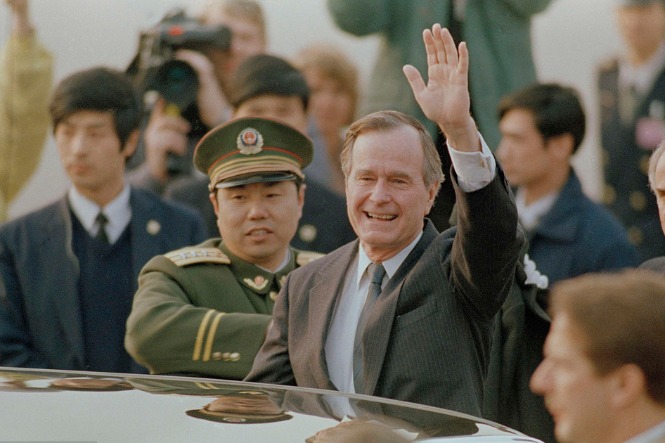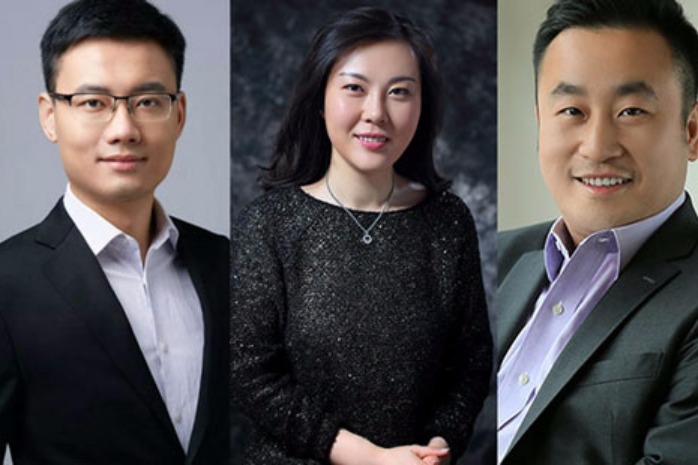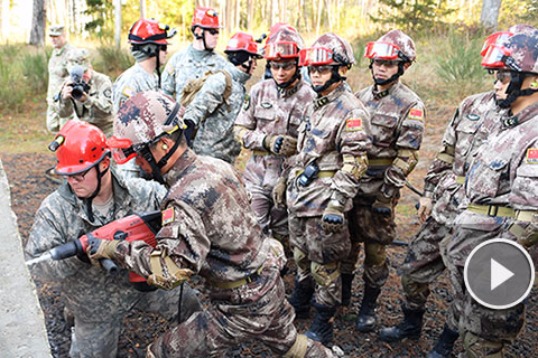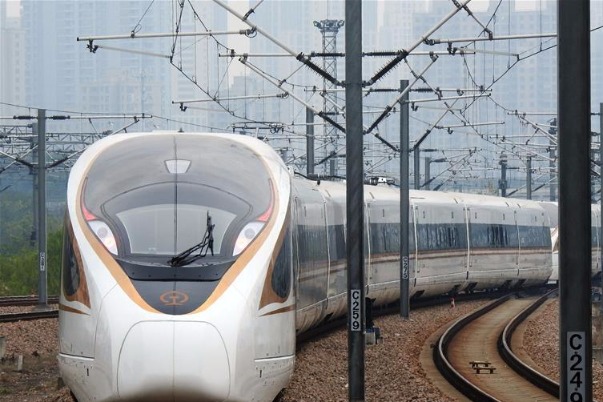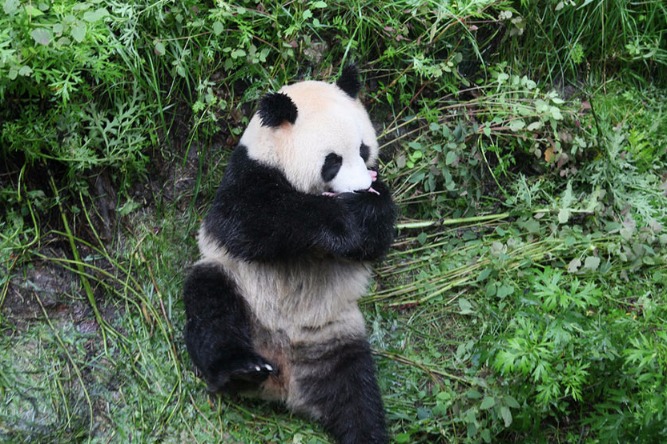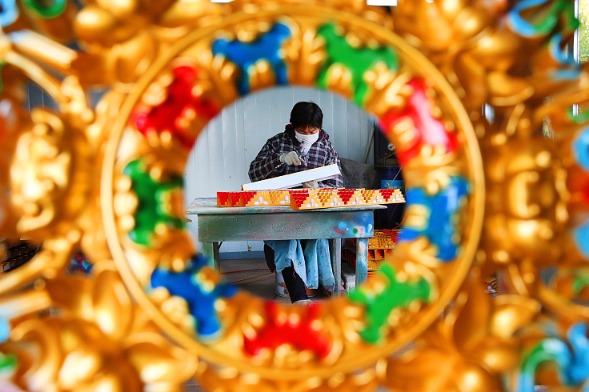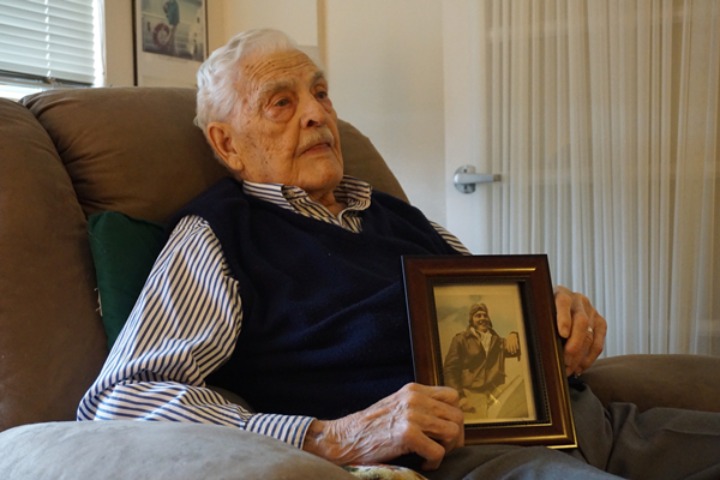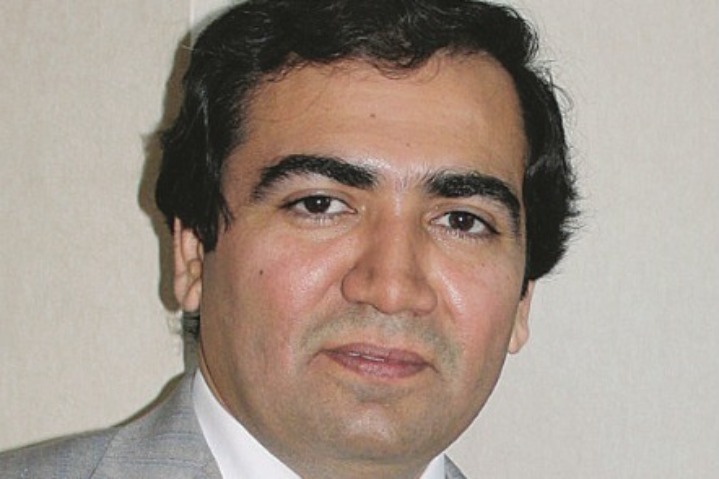Is Abe losing confidence in Trump and his friendship?
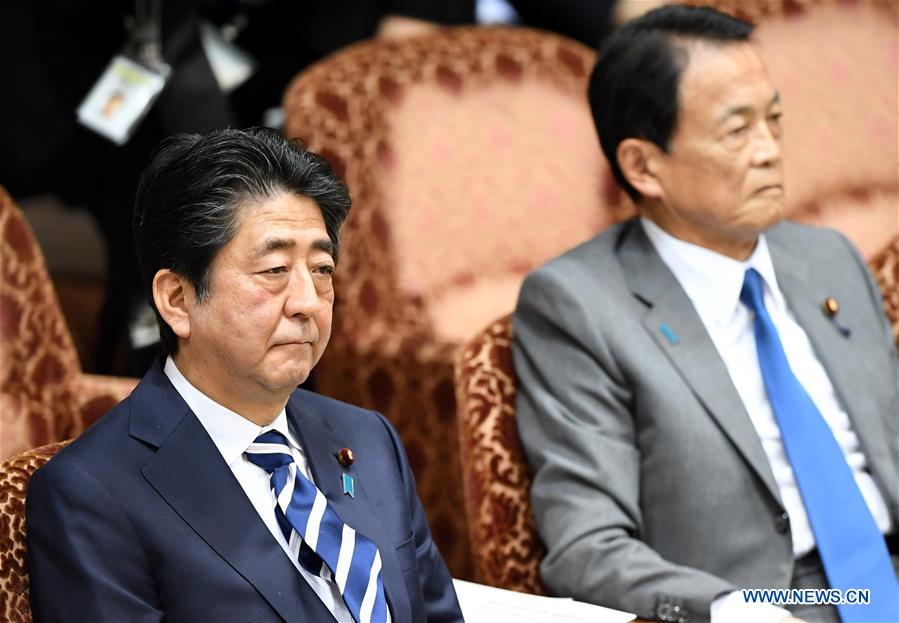
Emerging from the Trump Tower in New York City in November 2016, Japanese Prime Minister Shinzo Abe said he was convinced that Donald Trump "is a leader in whom I can have confidence". Abe became the first head of government to visit the US president-elect, and since then he has been busy trying to forge a close relationship with Trump, with their common outdoor pursuit-golf-acting as a lubricant.
"When you play golf with someone not just once, but two times, the person must be your favorite guy," Abe said in November last year when Trump visited Japan.
During his Tokyo visit, Trump said he enjoyed every minute of the time he spent with Abe. Their chemistry, as Trump called it, does not necessarily mean Japan is in Trump's good books, especially as Trump's latest decisions have shocked, if not scared, Tokyo.
When Trump agreed to meet with Democratic People's Republic of Korea's leader Kim Jong-un, Japan felt left out. Learning of Trump's plans, Abe immediately announced he would visit the US president in April, a month before the planned Trump-Kim meeting.
It is not hard to understand Japan's sense of alienation. Japan was the staunchest supporter of the Trump administration's "maximum pressure" campaign against the DPRK, saying "talks for the sake of talks" would be unacceptable.
But after Trump's diplomatic reversal on Pyongyang, Abe suddenly became flexible vis-à-vis the DPRK-he, too, seeks a face-to-face meeting with Kim, which could take place in June, according to the Asahi Shimbun. The Japanese prime minister wants to raise the issue of Japanese citizens purportedly abducted by DPRK agents in the 1970s and 1980s. According to Japan's official list, 17 Japanese were abducted by DPRK agents. Pyongyang, on the other hand, says it sent back five Japanese citizens to Japan in 2002, while eight died. As for the other four, Pyongyang says they never entered the DPRK.
Still, Japan was surprised at being omitted from the list of US allies exempted from the Trump administration's new tariffs of 25 percent on imported steel and 10 percent on aluminum. But unlike the European Union and other US allies that threatened countermeasures to the US' punitive tariffs, Japan says it will "patiently" ask for an exemption.
The Republic of Korea has been excluded from the new US tariffs, but not before negotiating a trade deal with the US. On Wednesday, the two sides inked an agreement, which, Trump said makes the best sense for US companies and workers. The deal opens up the ROK's market to US automobiles, extends tariffs on ROK truck exports, and restricts, by nearly one-third, the amount of steel the ROK can export to the US.
Trump has often taken a dig at Japan, before and during his presidency. "You know we have a treaty with Japan where if Japan is attacked, we have to use the full force and might of the United States," he said in Iowa in August 2016. "If we're attacked, Japan doesn't have to do anything. They can sit home and watch Sony television, OK?"
When announcing up to $60 billion in tariffs against China on March 22, Trump again directed a barb at Japan and Abe. "I'll talk to Prime Minister Abe of Japan and others-great guy, friend of mine-and there will be a little smile on their face," Trump said. "And the smile is, 'I can't believe we've been able to take advantage of the United States for so long'. So those days are over."
Tokyo could face the coercive negotiation tactics Washington used against Seoul for bilateral free trade talks. To get a clear picture of the US' policy toward the DPRK and get Japan out of the White House's new tariff list, Abe has decided to meet with Trump.
Does Abe still have the same confidence in Trump that he had after their first meeting?
The author is China Daily Tokyo bureau chief.
caihong@chinadaily.com.cn







